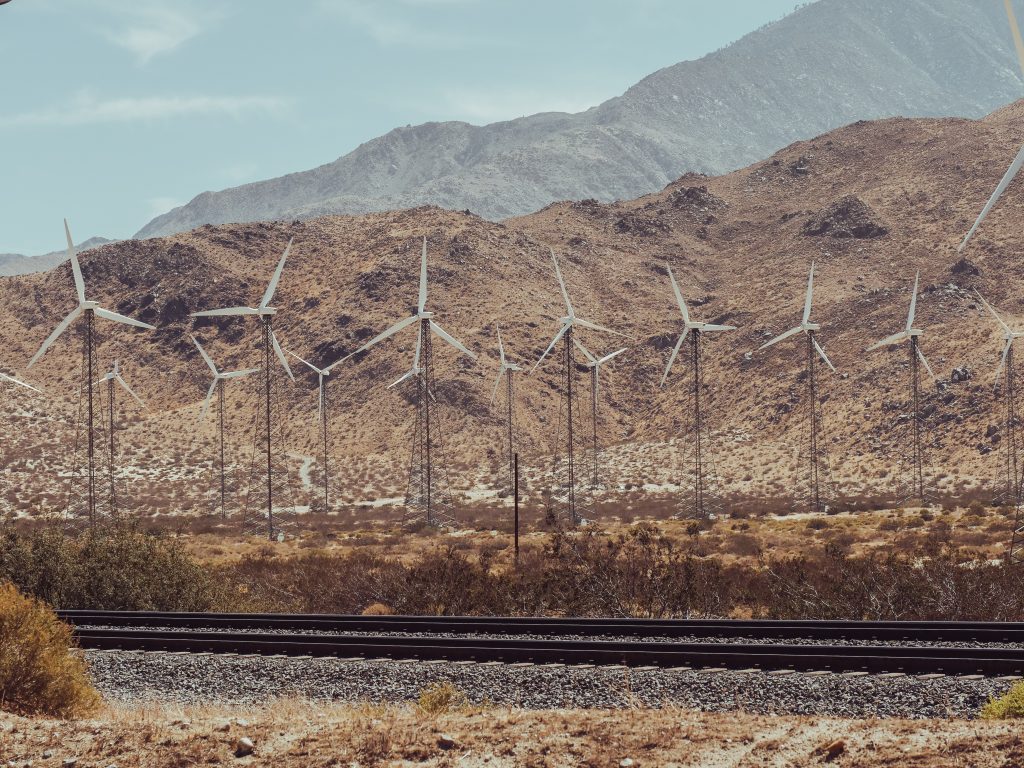Net zero businesses are becoming increasingly popular, with many companies claiming to have reached this coveted status. But, how can you be sure if a business is truly net zero, or if it’s just using the label for marketing purposes? In this article, we’ll outline the steps you can take to verify a business’s net zero status, so you can make informed decisions about the companies you support.
Table of Contents
ToggleWhat is Net Zero?
Net zero refers to the balance between the amount of greenhouse gas emissions produced and the amount removed from the atmosphere. In other words, a net zero business is one that has reduced its carbon footprint to the point where it is no longer contributing to climate change. To reach this status, companies must invest in renewable energy, energy efficiency, and carbon capture technologies.
Verify the Company’s Energy Use
One of the easiest ways to verify a business’s net zero status is to check its energy use. A true net zero company should have a 100% renewable energy supply, which should be easily verifiable through public data or the company’s own sustainability report.
Check for Carbon Offsets
Another way to verify a business’s net zero status is to check if it is using carbon offsets. Carbon offsets are a way for companies to balance out their emissions by investing in projects that reduce emissions elsewhere. For example, a company might invest in a wind farm in a developing country to offset its own emissions. However, it’s important to ensure that the carbon offset projects are verified and have a real impact.
Review the Company’s Sustainability Report
A company’s sustainability report is a great resource to understand its commitment to net zero. The report should outline the company’s energy use, emissions, and efforts to reduce its carbon footprint. It should also explain the company’s goals for reducing emissions in the future and how it plans to reach them. If a company doesn’t have a sustainability report, or if the report is incomplete, it may be a red flag that the company is not truly committed to net zero.

Ask the Company Directly
Finally, don’t be afraid to ask the company directly about its net zero status. A company that is truly committed to net zero should be happy to provide information and answer any questions you may have. If the company is evasive or unwilling to provide information, it may be a sign that it is not as committed to net zero as it claims.
Conclusion
In conclusion, verifying a business’s net zero status requires a bit of research, but it’s well worth the effort. By taking the time to verify a company’s claims, you can make informed decisions about the companies you support and ensure that you’re supporting businesses that are truly committed to fighting climate change.
FAQs
- What is a net zero business? A net zero business is one that has balanced the amount of greenhouse gas emissions it produces with the amount it removes from the atmosphere, effectively not contributing to climate change.
- How can I verify a company’s net zero status? You can verify a company’s net zero status by checking its energy use, reviewing its use of carbon offsets, reviewing its sustainability report, and asking the company directly.
- Is a company’s sustainability report a reliable source of information? Yes, a company’s sustainability report can be a reliable source of information about its commitment to net zero and its efforts to reduce its carbon footprint.
- Are carbon offsets a good way for companies to reach net zero? Carbon offsets can be a good way for companies to balance out their emissions, but it’s important to ensure that the carbon offset projects are verified and have a real impact on reducing emissions.
- Can I ask a company directly about its net zero status? Yes, you can ask a company directly about its net zero status. A company that is truly committed to net zero should be happy to provide information and answer any questions you may have. If the company is evasive or unwilling to provide information, it may be a sign that it is not as committed to net zero as it claims.







